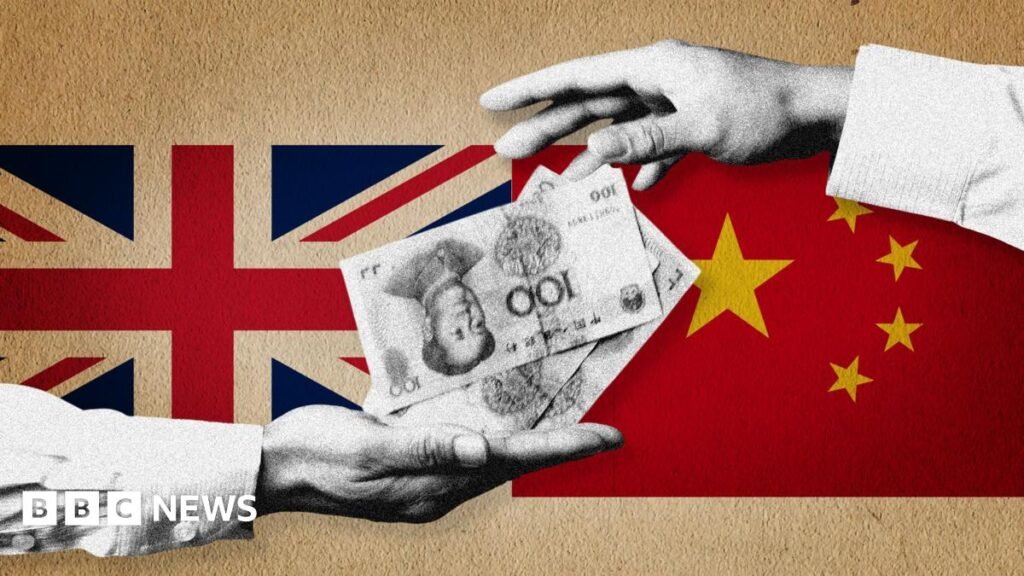However, in 2019, Mr Black says he was summoned to a meeting in Beijing, where he was asked to work directly for China Reform, and oversee the wholesale transfer of Imagination’s technology and expertise to China.
“I think [the China Reform representative] said specifically ‘from the heads of the British engineers to the Chinese engineers, then lay off the British engineers and you’ll make a lot of money’,” says Mr Black.
He refused, but he says that several months later, China Reform tried to install four new directors “with no understanding of semiconductors” directly onto the board of Imagination Technologies.
“The only attributes they appeared to have was a relationship with China Reform,” he adds.
Convinced that Imagination’s technology had the capacity to be used for military purposes, Mr Black began reaching out to contacts in the UK government.
He says he was given a sympathetic hearing, but was told this was a private industry matter, and there was not much anyone could do.
Fearful about the possible transfer of military-grade technology, Mr Black resigned. At that point, he says, the UK government started to take an interest, and China Reform halted its attempt to install new directors.
Mr Black withdrew his resignation but was fired three days later. He was later found by an employment tribunal to have been unfairly dismissed.
After he left the company, Imagination’s homegrown technology was transferred to China.

